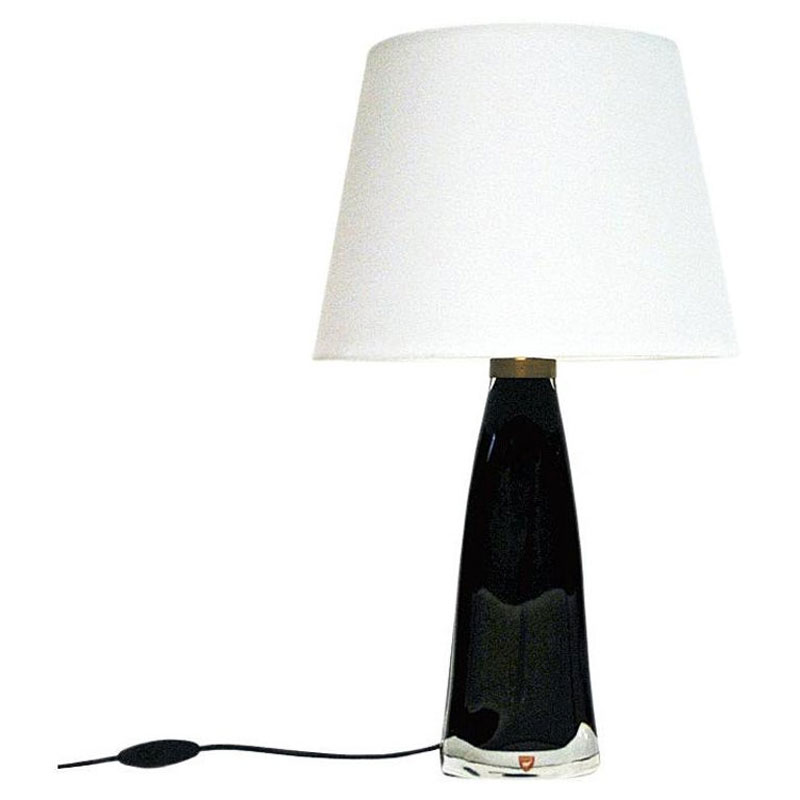Values...
Well I am happy to say, its on the 4 week voyage with all the leather repairs and veneer chip refinishing, to be a beautiful Vintage Herman Miller Eames Lounge. I also spoke with a long time friend who is an Appraiser, and he knows alot about them. He explained that the larger buttons where on the first year production and are rare simply cause the large buttons where what Ray and Charles wanted, Herman Miller thought they looked wrong and made them switch too regular sized ones. In conclusion its believed to be first year production possibly second (1957).
Although the chair costed 250$
Repairs and refinishing will be about 700$
I still find it a steal at 950$ all together.
I will be sure to post some pics on this thread when it comes back.
There's a set of laws...
There's a set of laws restricting you from buying something well below market price, if you the buyer knows that market price, but the seller doesn't. But I thought about it, and maybe it doesn't apply here, since the lady put it up for sale. If however you were buying the estate of some dead person, and you said "I give you $100/250 for that lounge chair", then that would probably fall under those laws.
This issue came up in disussion when I read how morgan over at the brick house blog http://www.the-brick-house.com/ bought her rosewood 670 for 50 bucks.
And yes the Swedish legal system is far from perfect, as anyone following the Assange case knows, but considering the scenarios like the one with dealers tricking people out of valuable antiques, I understand why we have those laws.
laws versus ethics
bundes,
The same set of laws exist in the United States. The legal way to circumvent this issue is for the buyer to ask the seller what price they want for the piece in question. When the seller sets the price the buyer (regardles of prior knowledge*) is free to acquire the piece with no legal ramifications. The question of ethics may arise, but this is difficult to prosecute in a court of law.
The purchase of anything is a business transaction and emotional and ethical issues should never be allowed to cloud or influence the deal. "Always" remain legal (consult your attorney when in doubt) and pay the seller the absolute minimum amount possible. Do not allow the sellers problems (lack of money) to become your problems.
*If the buyer believes the object to be stolen or of a dubious nature (common sense does prevail) this purchase is not covered by that law and the item may be subject to forfeiture and a possible loss of all funds.
Enjoy the bargain without gloating
I can never understand why people feel the need to barter down the price of an item which is a fraction of it's retail value. When I get a bargain I pay the asking price and I feel good knowing that the seller is happy and so am I. Gloating about beating people down on already cheap prices is simply offensive and mean spirited.
no gloating
tick,
To suggest that a person pay the least possible amount for any object is not gloating it is just good business. To offer less than what is believed to already be a reasonable price is also good business. Any money that is spent unnecessarily is known to me as "leaving money on the table". All monies that are not spent on any given object may be used for further acquisitions. The seller always has "freedom of choice" and is free to say no to any offer they deem less than satisfactory. Once again, all emotions (greed, anger, etc) should be left out of a business transaction.
what's a fair price?
"Market price" is kind of a chimera anyway, because there are so many variables and so many "markets".
I just bought a rya rug on ebay for $200. A gallery on the West Coast has the same rug on their website for $1600. So did I get a steal?
Not really. Both prices are perfectly fair: the gallery's "market" is the wealthy buyer who has a designer picking things out for them, and they're wiling to wait for years to make the sale. The ebay seller's "market" is ordinary guys like me, but the seller only has to wait days to make a sale.
And if the seller hadn't wanted to hassle with ebay, paypal fees, shipping etc, and just wanted to get the dang rug out of the house that afternoon, it might have been worth it to to him to put it on Craiglsit for $50 cash for a fast easy sale.
So what's the market value? None of those prices is any more or less fair than the other -- they just reflect the many variables of the different markets out there.
I'm inclined to side with tick here--
Yes, the seller can simply say "no" to lower offers. However, those who try to go lower on already low prices rarely accept "no" once-- it often needs to be said two, three, eleven times before accepted. Yes, all a part of doing business; but at the same time, the habit could accurately be deemed "offensive" and "mean".
Why should business transactions be free of emotion? Irrational people may have irrational emotions, but rational people's emotions are just a product of their cognitive faculty.
Just as one would be justified in feeling angered or annoyed if lied to within a business dealing, one could reasonably be angered or annoyed if their time and patience is wantonly taxed within a business dealing. When a seller is willing to part with an item for a modest price, they quite reasonably believe that the modest price excludes the necessity of investing the time and effort inherent in a long round of haggling. The seller knows the item will quickly sell for X, lowball offers are gratuitous time wasters. Time is money too.
You call this good business? I call it a short-sighted business strategy. Doing repeat business with buyers who demand fire-sale prices is something most sellers would opt for only in the contingency of a genuine fire-sale situation.
common sense
william-holden-caulfield
Obviously common sense should prevail when dealing in business. To be a repeat customer (or good customer) requires acceptance and a honest approach from both parties. To understand that "no" is a complete sentence is not easy for some people and these are not the individuals I am discussing. Asking for a further discount from an already beleived low price is acceptable, asking more than once when the buyer has declined the offer is not acceptable. There are degress to the "art of the bargain" that take many years to develope and fine tune. To "beat up" and or demean and humililate the buyer or the seller is bad business and is not what I am suggesting. I also realize that everyone has emotions, but to let them interfere with what is "more or less" an insignificant moment (buying anything) in life is not a positive action. As a buyer I have always tried to get the highest possible quality and service for the lowest price and as a seller I have always attempted to get the highest return on investment for any object. The difficult part is to meet somewhere in the middle. Nothing is set in concrete and being flexible withing certain guidlines is paramount.
If you need any help, please contact us at – info@designaddict.com









